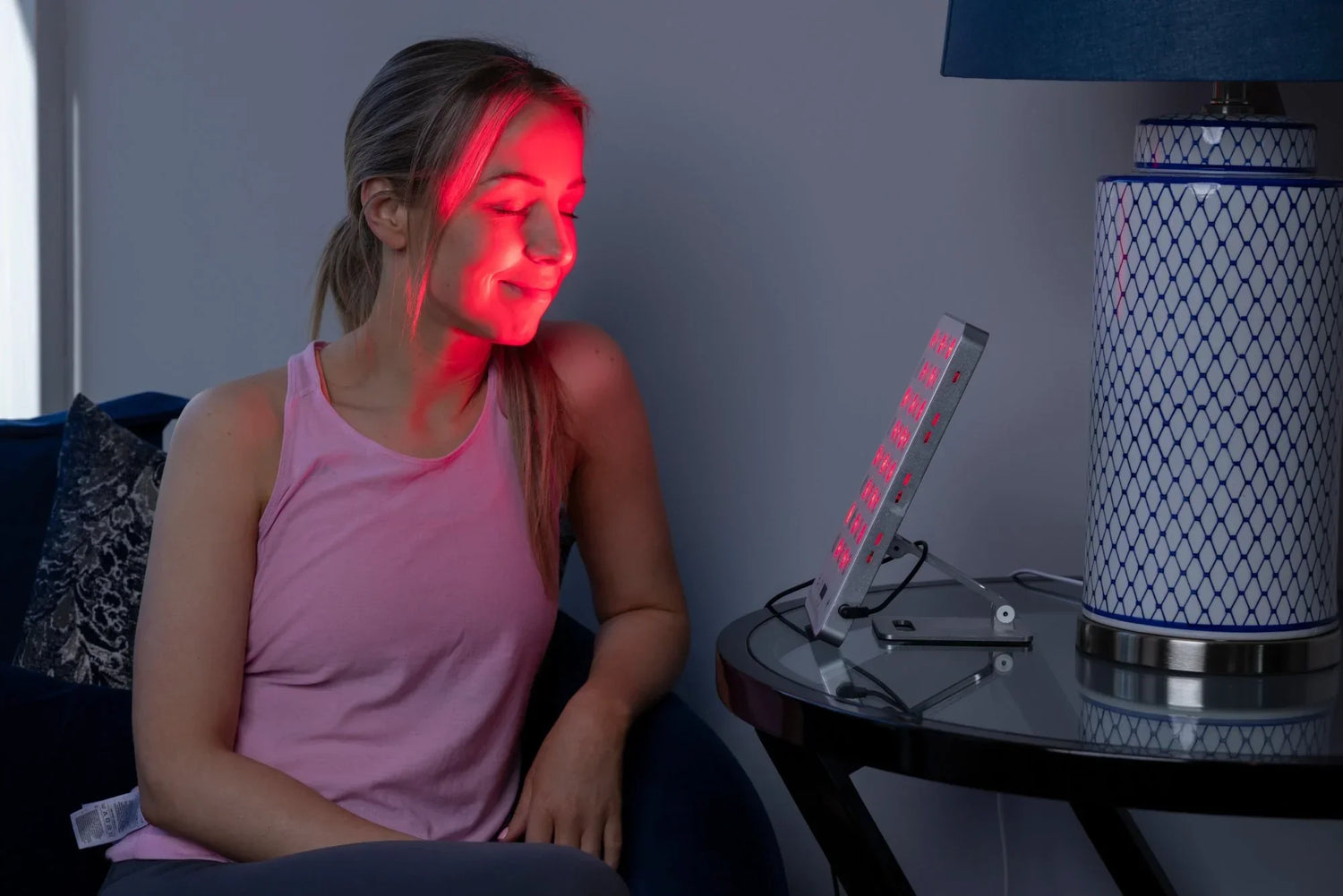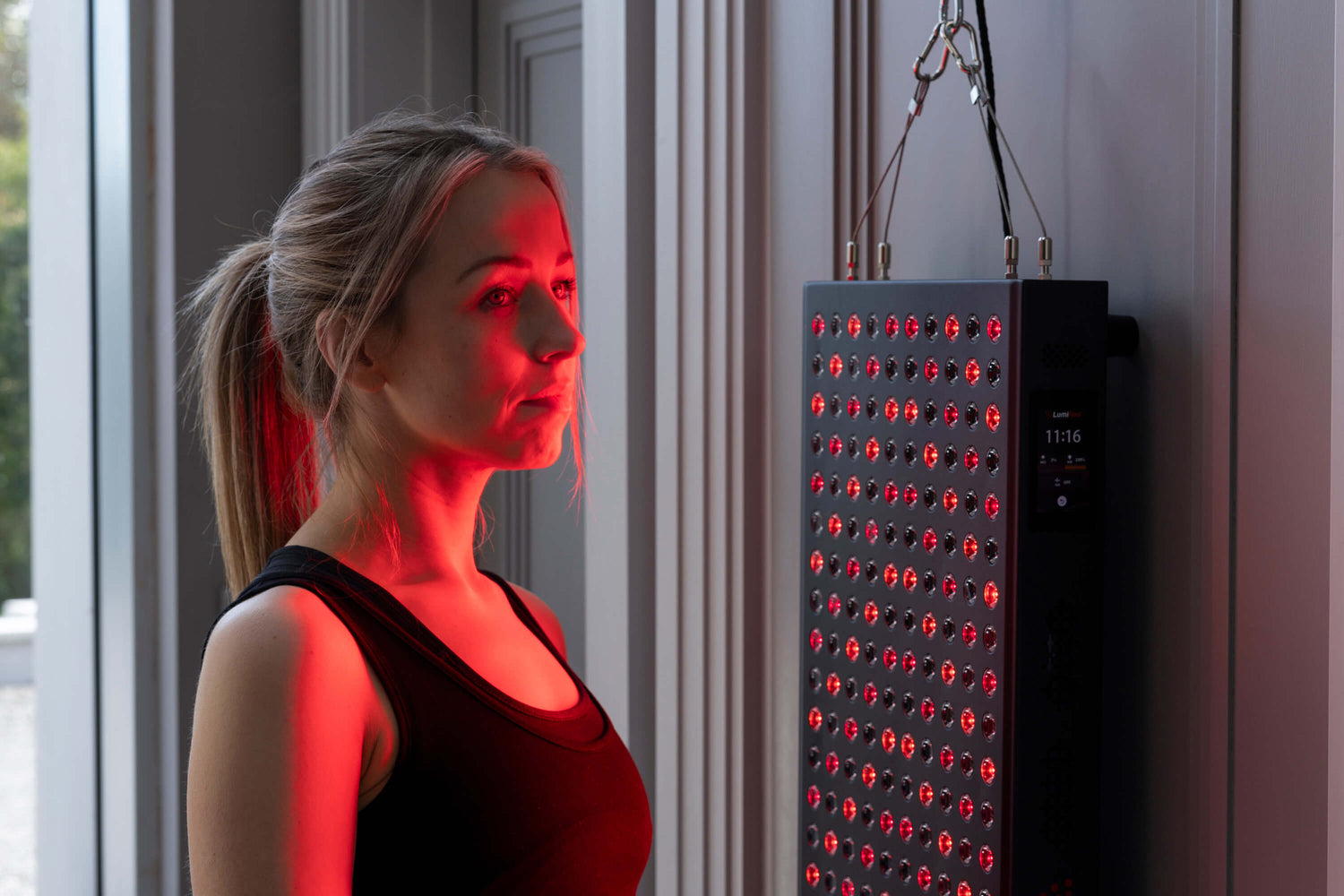5 Evening Habits That Signal Your Brain It’s Time to Sleep
Quality sleep starts long before your head hits the pillow. By cultivating simple evening habits, you can prime your brain for rest and dramatically reduce the time it takes to fall asleep. Here are five expert-backed changes you can make tonight:
1. Dim the Lights and Embrace a Red Light Routine
Reducing overall light exposure in the evening helps your brain naturally wind down. Bright, blue-toned lights suppress melatonin, the key hormone that tells your body it’s time to sleep. Unlike other wavelengths, red light is much less likely to disrupt melatonin production or your sleep cycle. In fact, studies show that red light routines may improve sleep quality, help you fall asleep faster, and could even boost melatonin.
How to do it: About 30–60 minutes before bed, switch off overhead lights and use a LumiRed red light therapy device or lamp as part of your winding-down ritual. This gentle light exposure cues the brain that nighttime is approaching, encourages relaxation, and supports your circadian rhythm.
Relevant Research: Red Light and Sleep Quality Study | Red Light Therapy for Sleep Overview
2. Stick to a Consistent Sleep Schedule
Going to bed and waking up at the same time—even on weekends—reinforces your body's natural melatonin rhythm. Consistency teaches your brain when sleep should begin, making it easier to feel tired and drift off fast.
3. Create a Restful Environment
Transform your bedroom into a sanctuary for sleep. Keep it cool, dark, and quiet. Reserve your bed for sleep and intimacy only; avoid using it for work, watching TV, or doomscrolling. Dark, comfortable settings send a clear message to your brain that it's sleep time.
4. Establish a Sleep Ritual
Bedtime rituals (like reading, gentle stretching, or listening to calming music) signal to your brain that sleep is imminent. Routine lowers stress hormones and promotes relaxation, making it easier to fall asleep quickly.
5. Unplug and Destress
Meditation, journaling, or simply taking a few deep breaths can quiet racing thoughts and help your brain unwind. Practice these mindfulness techniques for a few minutes each evening for a smoother transition into sleep.
Small changes, big difference: By incorporating these five habits—especially a nightly red light routine—you give your brain powerful, clear signals that it’s time for restorative sleep. Lumired products are designed to help you implement the healthiest evening routines backed by the latest science, so you can wake up refreshed and renewed.




